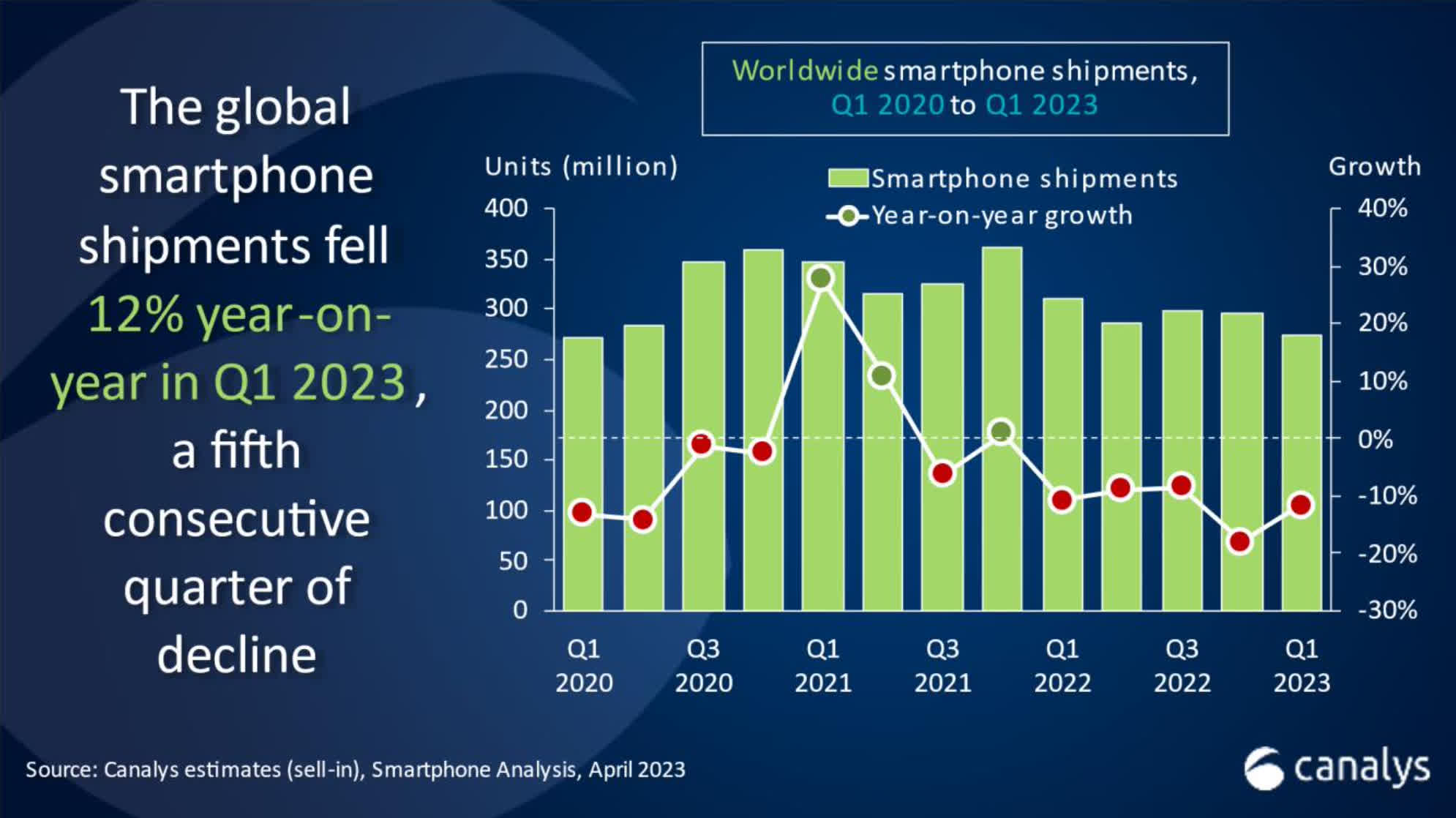In a nutshell: In a time of economic uncertainty for many people and widespread job losses, are consumers cutting back on their tech-related spending? A new survey shows that streaming services are the first money-saving sacrifice, and only 21% are willing to delay gadget purchases. Illustrating tech's role in everyday life, people said they would rather cut back on clothes, furniture and alcohol than go without the latest technology.
TechRadar conducted a year-long survey on almost 14,000 consumers in the UK and the US to discover how cost-of-living and inflation rises have affected their purchasing habits.
Half the participants said they would be willing to cut their streaming service subscriptions to save money – and quite a few already have - but just over one-fifth were okay with delaying the purchase of a new gadget.
The survey also shows that while expensive TVs and tablets have become less of a priority for people, 44% of participants said they are planning on upgrading their phone and/or contract in the next year - despite slumping smartphone shipments. It was also found that cameras have seen a resurgence in popularity thanks to interest in creating TikTok and YouTube content.

Among US participants, the most important factor when buying a new phone is 5G coverage (52%), great signal (45%), and great customer service (42%). 41% of US respondents said the price is the most important factor.
In the UK, the gadgets most likely to be bought by consumers over the next 12 months are laptops, a desktop PC or PC components, a game console, or a camera.
The findings also show that people are cutting back on or stopping eating out, going to a bar, or similar forms of socializing that cost money - or they are considering doing it. And while few people are willing to cancel or delay tech purchases, 40% of respondents said they would be spending less on electronics in the near future. But one thing most people agreed on (86%) is that there's never been a more important time to get a good deal when making a purchase.
While the survey suggests that the global belt-tightening might not be as extreme as many feared, it still indicates that most people are becoming more cautious and frugal with their money. A stark contrast to the 500 richest individuals in the world, who have made a collective $852 billion, or about $14 million each day, this year, thanks to a broad market rally.
Masthead: rupixen.com
